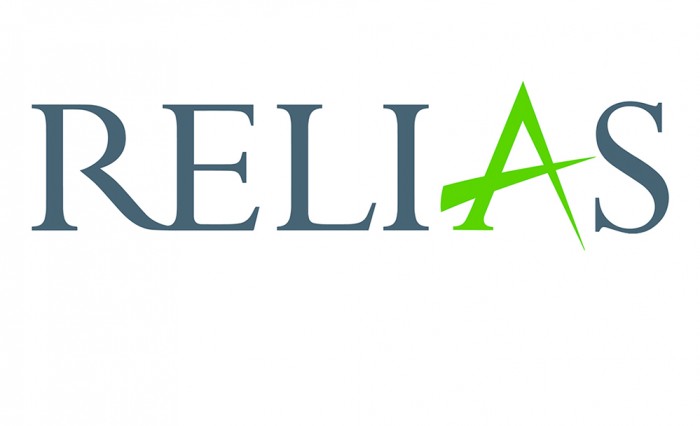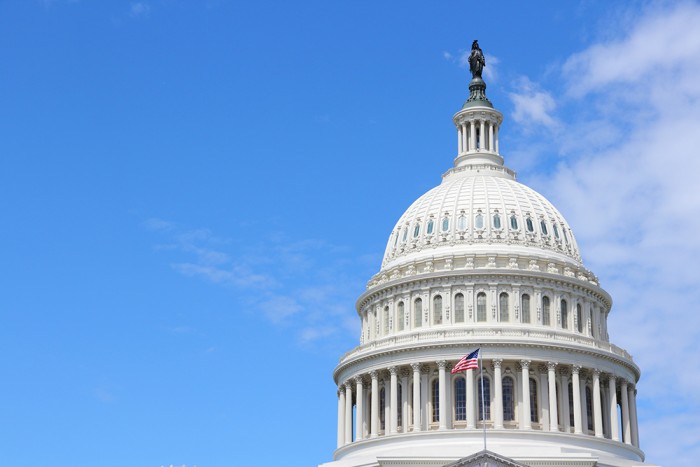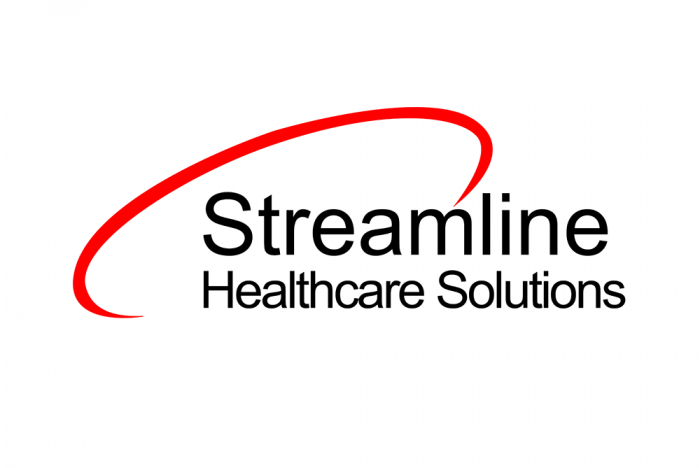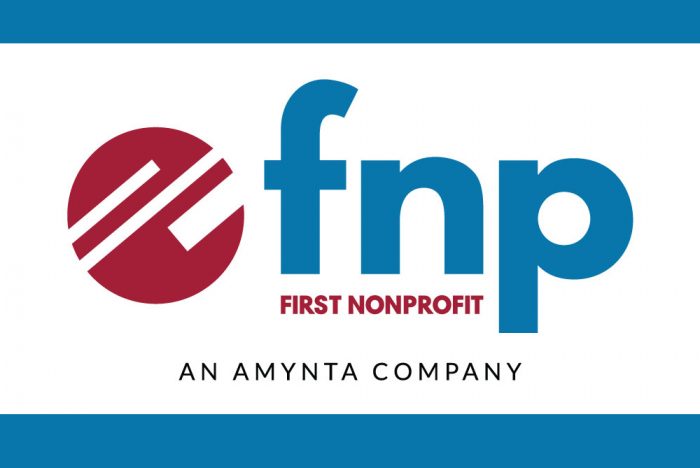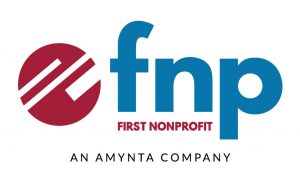Recognizing the continued movement toward integration of mental health (MH) and substance use disorder (SUD) treatment, and the opportunity to better support and serve its MH and SUD provider members, RCPA has created a Behavioral Health Division.
RCPA’s MH and SUD policy focus will now operate under the BH Division umbrella, where shared MH and SUD interests and initiatives (e.g., workforce, value-based purchasing, telehealth, criminal justice, ICWCs/CCBHCs) will now be managed and supported across the disciplines — while still maintaining existing MH- and SUD-specific committees, subcommittees, and work groups where those interests are specific to one of the two policy areas.
Jim Sharp and Jason Snyder will direct the new BH Division.
- As Director of Mental Health Services, BH Division, Sharp, whose work to date has focused largely on children’s MH, will maintain his MH policy focus, including continuing to lead separate Children’s Mental Health and Adult Mental Health Committees, along with the other MH-specific committees and work groups already in place.
- As Director of Substance Use Disorder Treatment Services, BH Division, Snyder will maintain his policy focus on SUD and the existing SUD-specific committees and work groups.
- In addition, RCPA will no longer use the Drug and Alcohol title (or D&A acronym), replacing it with SUD.
- Both directors will also collaborate in areas of shared interest, including legislative, regulatory, and policy initiatives as appropriate.
RCPA will be hiring a BH policy analyst to support the new division.
“The new BH Division has the opportunity to capitalize on synergies where they exist while still maintaining discipline-specific focus on MH and SUD,” said RCPA President/CEO Richard Edley. “Rather than taking anything away from our mental health and substance use disorder members, we are really enhancing their membership.
“As we look at where the behavioral health field continues to move, integration of mental health and substance use disorder is a hallmark of the advancing field. RCPA will better position itself to support its provider members’ needs by structuring a BH Division that recognizes this evolution.”
Contact Division Directors Jim Sharp or Jason Snyder with questions.











